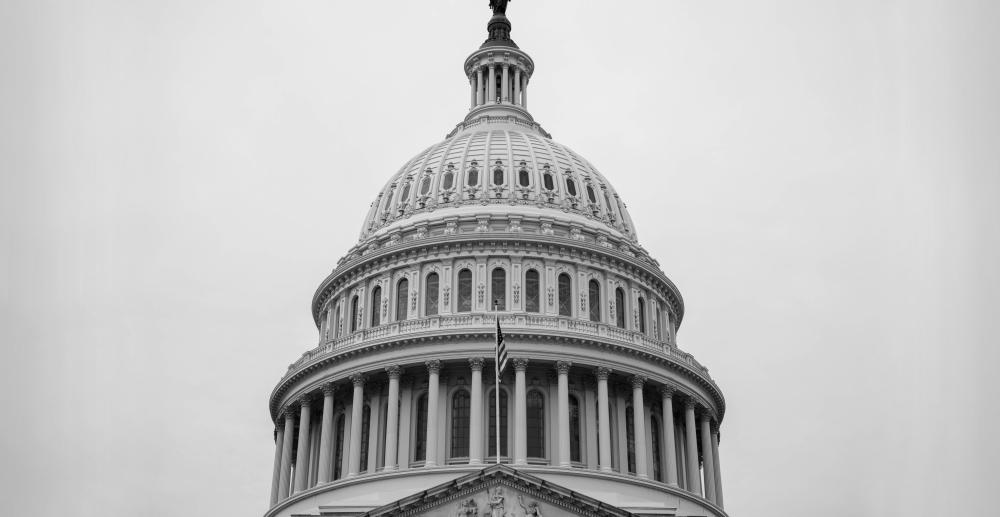I’ll never forget the words of my first sponsor (I was in AA back then) when she suggested I start a recovery journal. I was pretty perplexed by the idea. It almost felt childlike, like I was about to embark on a dear diary-type journey. As a neurodivergent person, I also struggled to imagine what I’d write about. It also felt kind of self-indulgent. Little did I know that journaling would become a career, leading to a continental move as a published writer. Journaling was the greatest gift my recovery has given me.
How journaling can impact your recovery
In 2012, I stood in my kitchen talking to my sponsor when she suggested I begin journaling.
At the time, I didn’t see how recording my thoughts would help. Heck, at a few weeks sober, my brain felt like scrambled eggs. I couldn’t think coherently, decide what to eat, or even how to manage my day.
It’s a strange dichotomy: feeling like a child learning to live life for the first time but inhabiting an adult body with all the attached expectations, like the autonomy to make decisions, have a profession, and fulfill responsibilities. Yet, here I was: stone-cold sober, with no idea of who I was or how to live without self-destructing.
Recovery taught me about the importance of humility—to ask questions when I feel confused, to find out how to function without substances, and to decipher what a program created in 1939 meant for a gay woman in 2012. So I asked, “How do I start journaling?” and “What should I write about?”
My sponsor explained that journaling wasn’t a step in the program, like a way to monitor my adherence to the 12 Steps. Journaling was a tool. That tool, or the practice of journaling, she said, could help me:
- Plan my day
- Record my experiences
- Process challenges
- List my daily credits–all the things I accomplished that day
- Reflect on recovery lessons and things I heard in meetings
What I didn’t realize was how supportive it would be to start a journaling practice. Don’t just take my word for it.
The benefits of journaling
Believe it or not, journaling can be a psychological intervention, like cognitive behavioral therapy (CBT) or eye movement desensitization and reprocessing (EMDR). These interventions support individuals in reducing psychological distress, improving emotional regulation, and providing coping strategies. Unfortunately, many formal therapies are inaccessible, especially in the UK, where I initially got sober. Unless you paid entirely out of your pocket, you’d be put on a 12- to 18-month waiting list to see a therapist, and it was usually for a short period, like brief CBT sessions.
Journaling, however, is considerably more accessible. You can journal in a notebook, online, on an app, using your phone’s notes feature, via a voice memo, or by using expressive arts practices. Research shows that journaling is an effective intervention that improves physical, mental, emotional, and overall well-being.
- One study found when participants wrote about traumatic experiences for 15 to 20 minutes a day, over three to five days a week; the outcomes showed it was moderately effective in improving physical and mental health outcomes.
- Another study found expressive writing provided clinical benefits for patients with autoimmune and inflammatory conditions, like IBS, asthma, arthritic conditions, HIV and AIDS, and rheumatoid arthritis.
- Journaling was also found to be a helpful everyday activity in the treatment of depression.
- Expressive writing has been linked to positive psychological and emotional states, including optimism, happiness, and well-being.
How can you start a journal practice?
Here’s the thing about journaling: there is no right or wrong way to write. What’s important is the process. In her book Process Not Perfection, Dr. Jamie Marich says, “Every breath you take is an expression of your body.” When our elements, such as our breath, sound, and story, fuse together, March says, “there is a spirit within you that comes alive.”
“Expression is the gift that these essential elements of your human experience can share with the world,” she says. However, Marich warns that holding back what nature intends us to express can cause dire consequences. “We are made to express–our joys, our sorrows, our songs, our prayers, our visions, our missions, and our love,” she says.
When we have experienced addiction and/or trauma, those experiences can get stuck. “We may internalize the message that what we need to express does not matter to the world. We may believe that our expressions are not important or valid. We may even think great harm will come if we express ourselves, or we may hold back out of fear that we won’t be able to handle what will flow out of us.” However, Marich affirms, “Expression is the pathway to deep and lasting healing.”
What I love about Dr. Jamie is that she brings joy and freedom to expressiveness. She gives us permission to unblock our stories and let them flow out of us. Journaling did that for me. It may give you that gift, too, or you could find alternative ways to express yourself from Jamie’s book.
One thing I’d emphasize is that, just like recovery, journaling and expression are fluid. It moves and shifts like we do, and that’s okay. My journaling changes as my capacity ebbs and flows or when I feel inspired to be creative. I think it’s vital that we do not need to be rigid in our practice unless that structure is most helpful to you.
Journaling prompts
Below I’ve listed some of the ways I’ve journaled that may act as a prompt to you either start to journal or to switch up your practice.
- Record journal entries: you can list words in no particular order. My former sponsor called these her “records,” which included receipts from the store, emotions, meetings she attended, people she spent time with, meals she ate, and how much sleep she had the night before. Recording things this way helps take the pressure off feeling compelled to write full sentences and fluid paragraphs. Journaling isn’t essay writing unless you want it to be.
- Plan for the day journaling: In these pages, I’d record a few sentences in the morning about how I was feeling, check in with my body, and make a list of things I’d like to do during the day. This helped me be present and consider whether what I was trying to do was realistic.
- Free writing: Dr. Jamie suggests the journaling practice of free writing, which involves a 15 to 20-minute practice:
- Using a journal and a black or blue pen, typewriter, or computer freely record your beliefs about having emotions or feelings–these can be positive, negative, or neutral for around five minutes. That might look like, “I think my feelings are too much for other people.”
- Dr. Jamie encourages you to read back your notes and, without judging, see if you can notice what is happening in your body.
- Collage and art journaling: I love Journal As Altar. Erin inspires my journaling practices all the time. She also has accessible pre-recorded workshops on journaling, stamps, stickers, and other cool things. I am a sucker for stationery! What I like about Journal As Altar and her philosophy is how she encourages you to let go of perfectionism and focus on journaling as a healing tool.
- Transition journaling: Transitions, like leaving treatment, the end of a relationship, or losing someone you love, are big moments in our lives. Journaling is such a wonderful practice for connecting with our feelings, like what we want to celebrate about that person or time, the things we want to leave behind, reflections on what we learned about ourselves, and some ways we can honor our needs at this time.
- Grief journals: I keep a grief journal and make entries when called. Sometimes, that might be the anniversary of my mum’s death, her birthday, or wanting to reflect on other family members and relationships. I may add collages or write around pictures of the person, reflecting on what I loved and recalling my favorite memories.
- Gratitude journaling: I love the practice of artist and fellow person in recovery Tami Salas. She shares her art journaling on Instagram, which focuses on a gratitude practice. It’s beautiful, inspiring, and perspective-changing.









